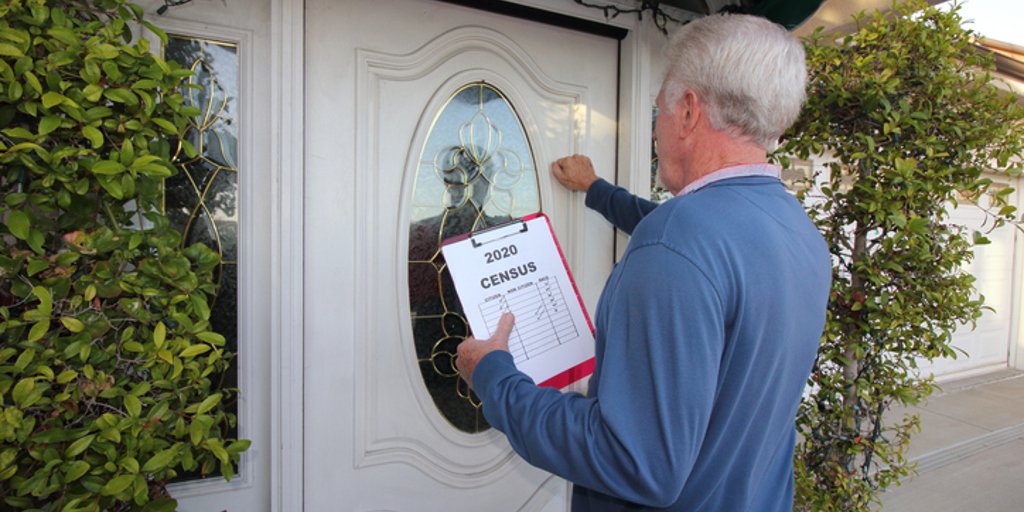The 2020 U.S. Census: Why It Matters to Nonprofits
On Jan. 21, the 2020 Census began in the state of Alaska, and it will officially begin for the rest of the country on April 1 as hundreds of enumerators hit the streets, collecting household and demographic information by canvassing their assigned areas. The National Council of Nonprofits stands firm on the premise that it and all charitable nonprofits have a significant stake and role in the 2020 Census to ensure that all residents are counted.
The importance of getting it right
Taken every 10 years, Census results will have a decade-long impact on a number of sectors, including nonprofit organizations, which is why it’s so critical that an accurate count is taken; the data provides decision-makers with the information needed to ensure an equitable distribution of vital resources that help serve the needs of communities.
According to the GW Institute of Public Policy, $1.5 trillion in federal funds hinges annually on the decennial data, including funding for state and local governments, as well as allowing nonprofits to deliver services to individuals and communities. Without an accurate Census, funds for programs can be misallocated and the valuable resources from these programs will fail to reach the constituents who need them most.
The 2020 Public Policy Agenda
Budget decisions are typically based on Census data. This is why it is so critical that the federal government adequately funds the 2020 Census to ensure that the process for counting residents across the nation is fair and complete.
Recently, the National Council of Nonprofits’ board of directors adopted the 2020 Public Policy Agenda, which focuses on local, state and federal issues of concern to nonprofit organizations. Aimed at educating policymakers and influencers about the vital impact of nonprofits, the agenda covers six categories that organizations can use to present and expand their own public policy work; these include sharing the content with board members and public policy committees and using it to enhance or even develop a new public policy agenda.
Nonprofits taking action
The National Council of Nonprofits suggests that organizations take a proactive stance and look for opportunities to help ensure a fair, accurate and complete count by:
- Educating community leaders and stakeholders about the Census.
- Partnering with organizations and community stakeholders that are already connected and have built strong relationships and trust.
- Soliciting federal, state and local lawmakers for funding to support the Census.
- Working with state, county, tribal and local government leaders to create complete count committees — volunteer committees of government and community leaders with a goal of increasing Census awareness and participation.
- Connecting with the Census Project for resources and toolkits.
Nonprofit organizations are always juggling full plates. And while advocating on behalf of the Census can feel like just another “to do” on a long list, participation is vital in order to inform our government where and how to best allocate vital financial resources.
Since 1985, Charity First has helped retail brokers find the right insurance coverage for their nonprofit clients so organizations can maintain stability now and into the future. To learn more, please contact us at 800-352-2761 or marketing@charityfirst.com.
Additional source: The Leadership Conference on Civil and Human Rights


